Introduction: Eritrea in the Shadow of Other Exiles
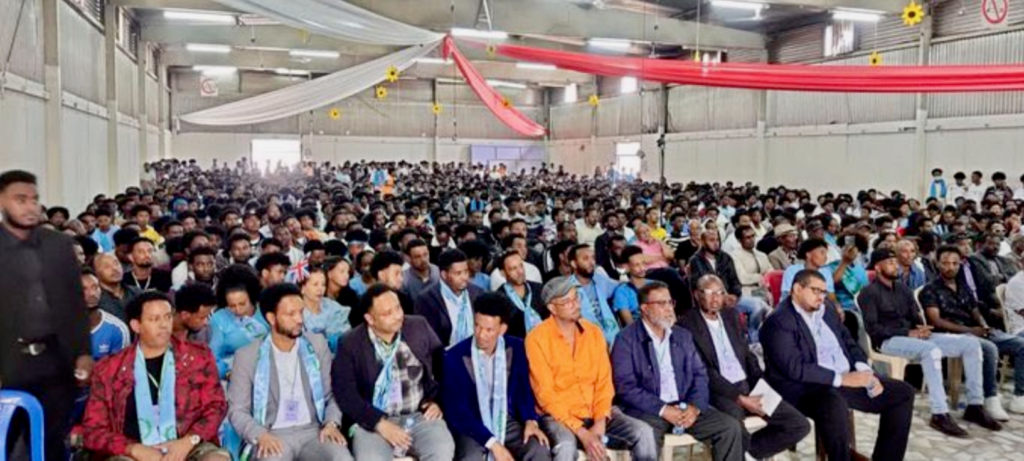
The Eritrean opposition, largely diaspora-based, carries burdens familiar to exiled movements worldwide. To understand its strengths and weaknesses, it helps to compare briefly with others:
Cuba: Early Exiled Cubans in Miami shared the same language, culture, and were just 90 miles from Havana, yet even with a critical mass, they failed to unseat Castro. Over time, they became increasingly detached from the daily realities faced by those still living in Cuba. It’s worth noting that they received backing from the United States—a wealthy and powerful nation—and that Cuba itself is a relatively homogeneous country. Still, after nearly seven decades in exile, meaningful change has remained elusive.
Syria: The Syrian opposition splintered along religious, ethnic, and ideological lines, with external powers exploiting these divisions. Instead of achieving liberation, the result was widespread chaos. The downfall of Assad has largely been driven by those fighting on Syrian soil, rather than by opposition groups based in Europe or North America.
Eritrea shares similarities with both cases. Like Cuba, the opposition abroad is often accused of being disconnected from the realities at home, especially as the earliest Eritrean exiles have now spent over 40 years in diaspora—a considerable length of time.
Like Syria, the Eritrean opposition is plagued by deep internal divisions. However, the Horn of Africa is a volatile region, with frequent changes in government. If the opposition can act wisely, it may be able to leverage this instability to its advantage.
It’s worth recognising that diaspora movements are seldom united. In both the Cuban and Syrian communities abroad, there have been individuals who support their home regimes, fuelling competing narratives and internal divisions. This phenomenon is similarly evident among Eritreans in exile, underscoring the critical need for opposition unity—and demonstrating that regime sympathisers within the diaspora are not an anomaly.
MISMANAGING DIFFERENCES
Ethiopia as the Distraction:
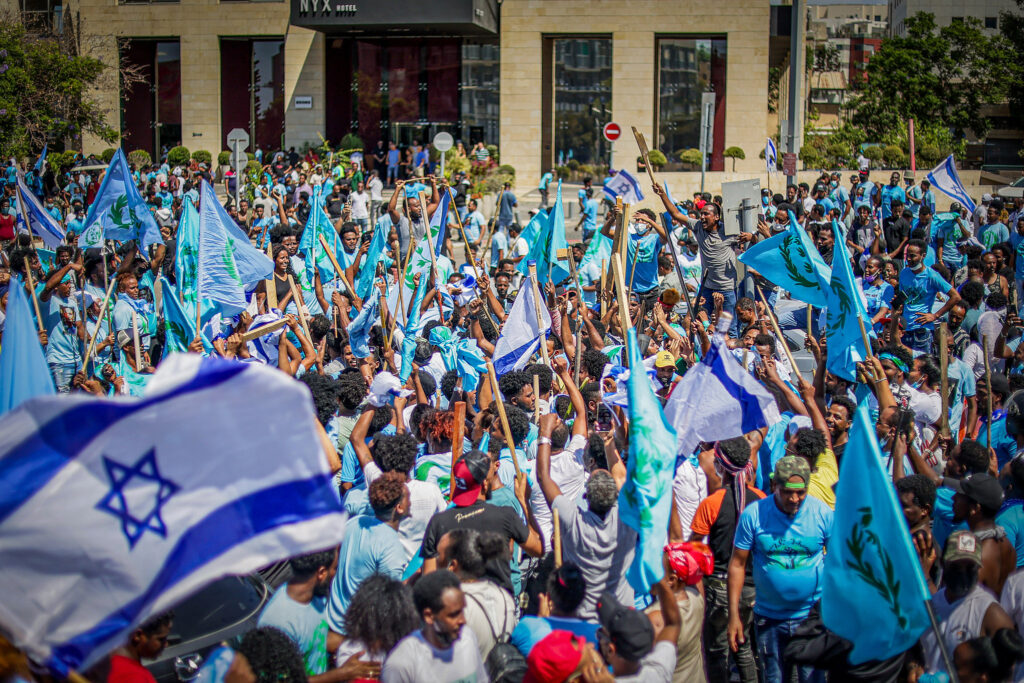
Instead of focusing on the Eritrean dictator, the Eritrean opposition has too often tied itself in knots over Ethiopia’s politics.
1998: The Border Dispute and the Splintering of the Opposition
When war erupted between Eritrea and Ethiopia in 1998, the opposition fractured. Some factions sided with the regime in Asmara, going so far as to raise funds and offer diplomatic cover. As a result, the central struggle—dictatorship versus freedom—was sidelined.
2020: The Tigray War and the Weakening of YiAkil
YiAkil, a promising movement that emerged in 2018, splintered during the Tigray conflict. Some members supported the Eritrean regime, others backed Tigray, while some tried to remain neutral. This deepened distrust, broke relationships, and ultimately weakened the movement. Still, YiAkil endures—though it is now less powerful and more divided than before.
2025: Abiy and the Red Sea Debate
Today, divisions have resurfaced over Abiy Ahmed’s claims to Eritrea’s ports. Once again, Ethiopian politics are overshadowing Eritrean priorities. Rather than keeping our attention on Asmara, debates are increasingly centred on Addis Ababa.
Ethiopia Is Not the Answer!
Scenario 1: The One-Man Show
Abiy’s Ethiopia is fundamentally characterised by a centralised, leader-driven approach. In such systems, the political landscape is susceptible to rapid and unpredictable change—whether due to a coup, sudden death, popular revolt, or armed insurrection. Consequently, basing our strategic planning on the actions or longevity of a single individual is both precarious and ill-advised.
Scenario 2: Shifting Alliances
Politics in the Horn of Africa are highly fluid; today’s ally may become tomorrow’s adversary. If Abiy were to reconcile with the Eritrean regime, the space for opposition within Ethiopia could disappear overnight.
The lesson: Our future must not be defined by Ethiopia’s internal politics.
How We Are Seen at Home
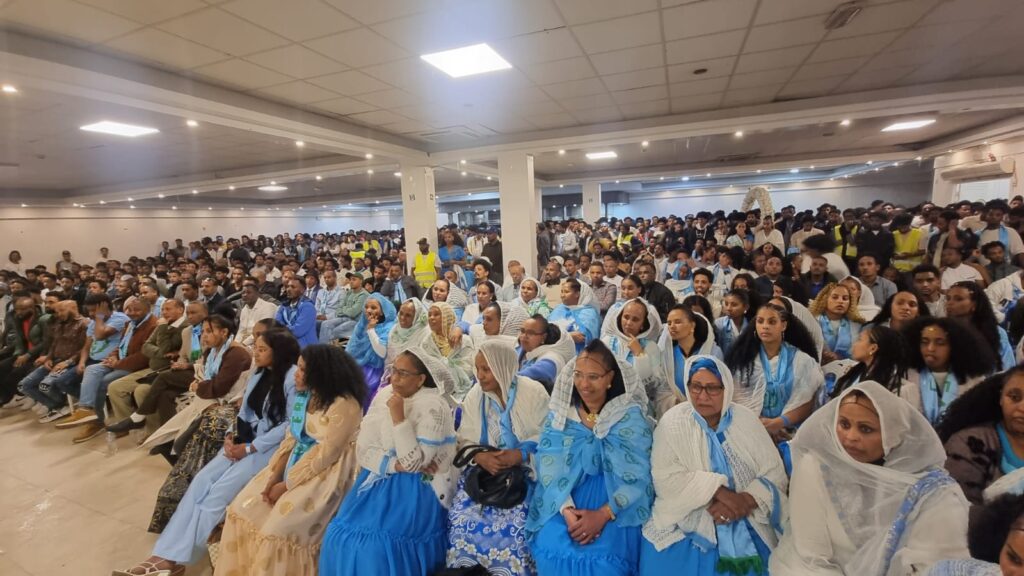
Inside Eritrea, there is a widespread perception that the diaspora lives a life of comfort and security—raising families away from daily hardships, enjoying freedoms, and expressing strong opinions from afar. This view often fosters mistrust among those still living in Eritrea. During a visit to Uganda a couple of years ago, I spoke with Eritreans residing in Kampala and with those who had travelled there to visit family. Among them, resentment towards the Eritrean regime was strong, but there was also a notable scepticism about whether opposition groups abroad could deliver real change.
The harsh rhetoric employed by opposition media towards members of the Eritrean Defence Forces and the wider public is counterproductive. Such language only fuels an ‘us versus them’ mentality. Instead, empowering, inspiring, and offering hope to those at home could help foster trust between the opposition and the local population.
Divisions along regional, religious, and ideological lines send a troubling message to Eritreans at home, signalling weakness rather than strength. When these rifts are combined with tenuous connections to people inside Eritrea, opposition voices risk appearing disconnected or lacking real substance.
Lessons from History: Cuba, Syria, and Opportunity
Looking at other countries offers perspective: In Iran, for instance, the diaspora is vocal, but only domestic protests truly unsettle the regime. In South Africa, the ANC’s efforts abroad were important, but it was their strong ties to the resistance at home that gave them real influence and power.
The lesson here is clear: Exile movements are most effective when they remain deeply connected to their people on the ground.
Cuba: Despite sharing a common heritage, language and geographical closeness, Cuban exiles still splintered due to differences in strategy and personal ambition. What began as a temporary separation eventually became a lasting exile.
Syria: Diversity and Foreign Meddling
Syrian exiles reflected the country’s sectarian and ideological divides. Foreign powers sponsored rival factions, deepening splits. Even during an active uprising, the exiled opposition became irrelevant.
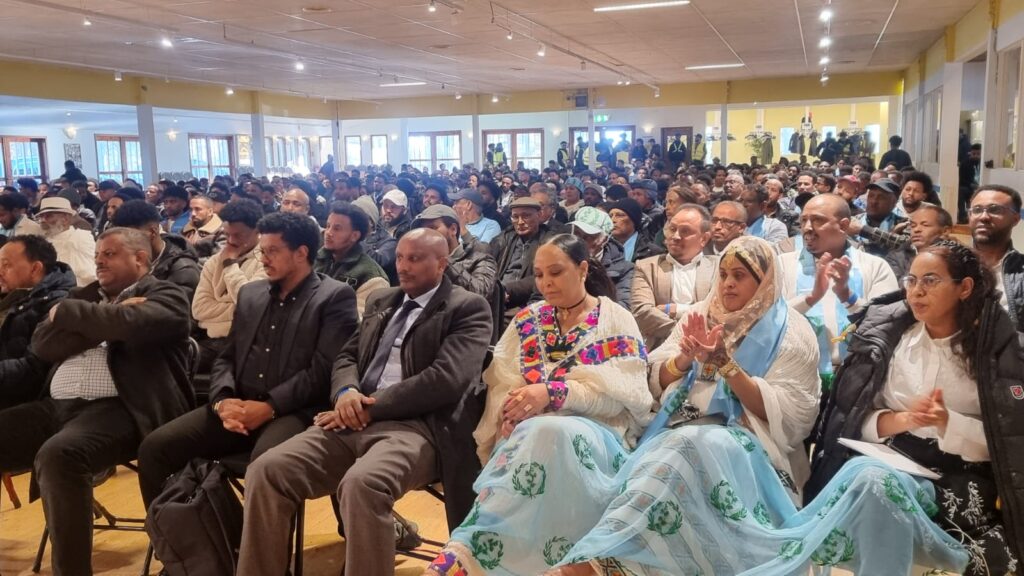
Eritrea: Both Burdens at Once
Eritrea faces the dual challenge of Cuba’s exile problem—namely, the risk of permanent detachment from the homeland—and Syria’s fragmentation issue, marked by ethnic, religious and ideological divisions. Historically, religious, ethnic and regional cleavages have significantly hindered progress towards bringing change in Eritrea. For any movement or party seeking genuine transformation in Eritrea, it is crucial to exercise utmost care to avoid marginalising or sidelining any segment of society. Instead, every effort should be made to foster inclusivity and ensure that all voices are valued. A deep understanding of Eritrea’s religious, ethnic and regional realities is essential, and tying every initiative to the principle of inclusiveness is not just wise—it is necessary for lasting progress.
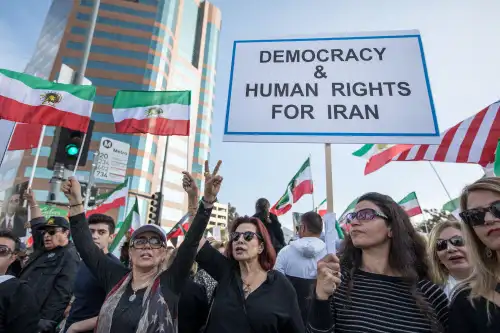
A Cautious but Realistic Hope
Despite failures, the Eritrean opposition is not doomed. Exile movements can play a critical role — but only if they:
- Manage differences with maturity,
- Prioritize goals
- Build trust and credibility with people at home.
conclusion: Unity, Readiness, and Seizing Opportunity
History has shown that the combined strength of a united diaspora, network on the ground, and favourable regional and global factors can be decisive in toppling authoritarian regimes. The EPLF, backed by robust diaspora support, played a pivotal role in undermining Mengistu’s regime in 1991. However, the global shift—the collapse of the Soviet Union—also deprived Mengistu of external support and led to his downfall. The convergence of domestic resistance, diaspora networks, and international developments proved critical.
The Eritrean opposition is no exception. While widespread domestic unrest may be unlikely due to the regime’s tight grip, regional crises or global realignments will inevitably present opportunities. When such moments arise, it is essential that we are prepared—united, disciplined, and strategic.
The choice is clear: we can persist in internal divisions, or we can foster trust, humility, and solidarity, ensuring we are ready when history calls. Success is possible, but only if we act collectively, intelligently, and stand prepared to seize opportunities, whether they arise domestically, regionally, or globally. As events like the fall of Assad demonstrate, regimes can be forced into exile if balance of power shifts.
Leave a Reply